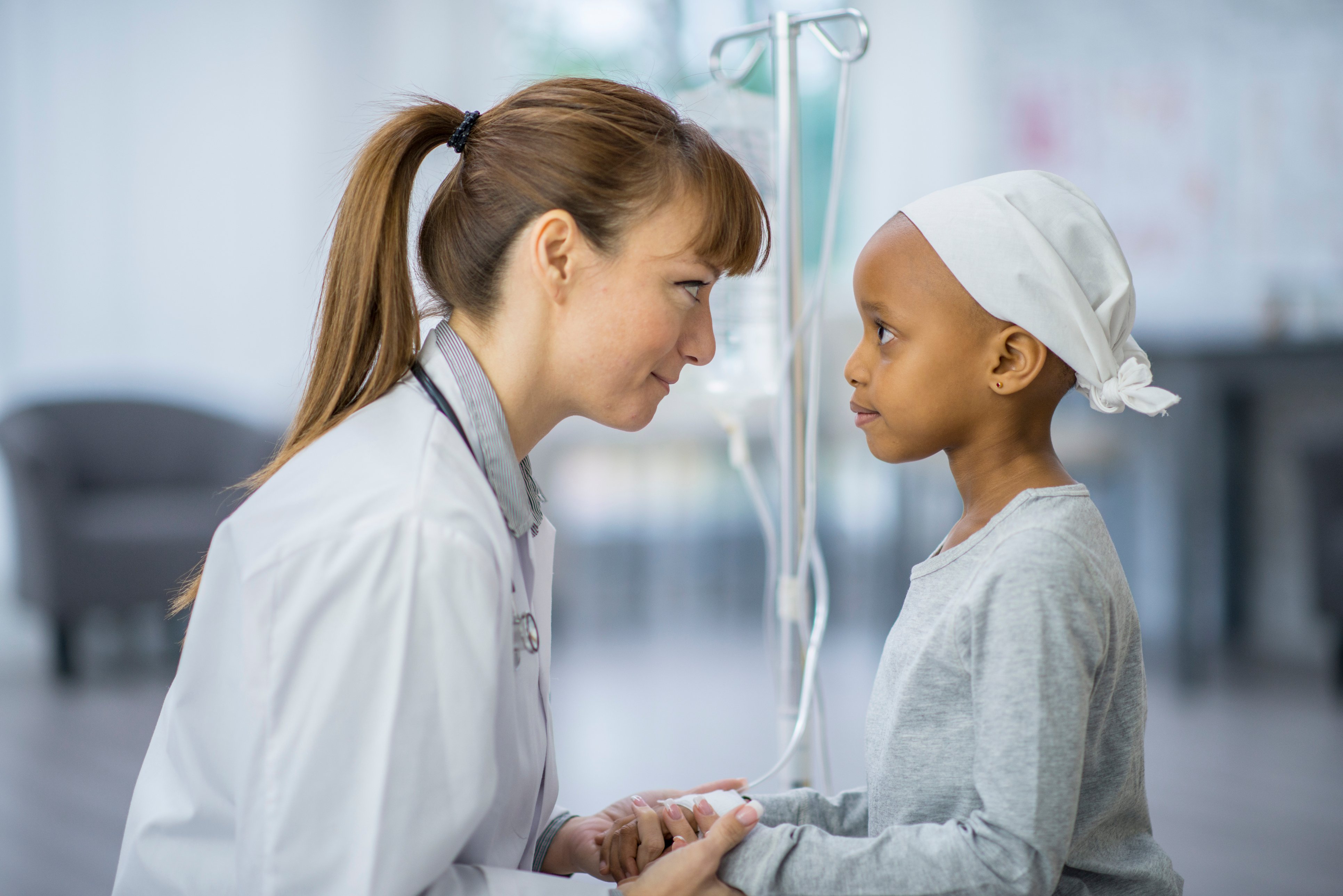As your child gets older, they become more independent. As they mature, they need to be aware of their own medical history and the potential late effects caused by their leukemia treatment. This will be important, as they will need to continue follow-up care for the rest of their life. Becoming literate about their medical history is essential for their long-term health, as is learning the important steps needed to manage their health care. Your child can use ‘My Health Passport,’ a customized, wallet-size card that describes all of their medical information. For more information, visit the Good 2 Go website.
How can you encourage responsibility for self-care?
Teens may find it challenging to make the best choices for their self-care. This may be particularly true for teens that are not knowledgeable about their medical history. They may not take some of their prescription drugs during follow-up when or how they should, or not observing any physical activity restrictions recommended by their health care team.
Encourage your teen to make healthy lifestyle choices, such as:
- good nutrition; following Canada’s Food Guide
- sun protection
- avoiding smoking
- avoiding alcohol and drugs
- regular exercise.
Talk to your child’s doctor or hospital dietitian for more suggestions. Involve your child early in decision-making and encourage them to express worries or concerns they may have about their health.
As your child matures, it is important for them to be an active participant in their health. Encourage them to meet with their doctor on their own. As an adult, they may see many different specialists (cardiologists, endocrinologists). Your child needs to inform all specialists of their medical history.
When needed, involve a health professional with expertise in understanding teen issues, such as a social worker, psychologist, or specialist in adolescent medicine. Some of these individuals may be affiliated with the hospital's oncology department. This is especially important if your child seems to be having troubling coping at school or you have seen a change in their behaviour, sleep habits, or appetite.

